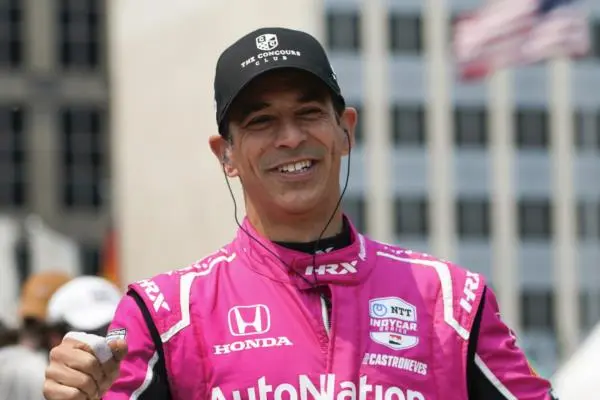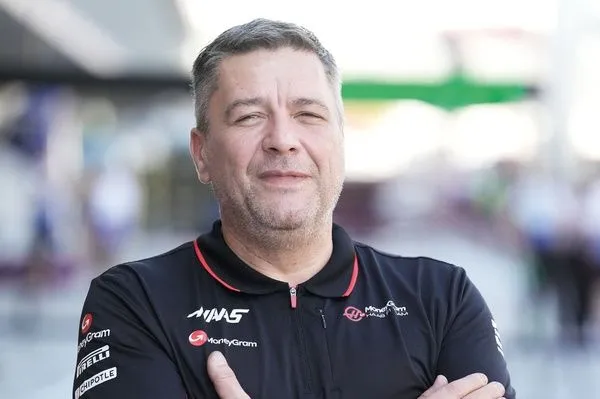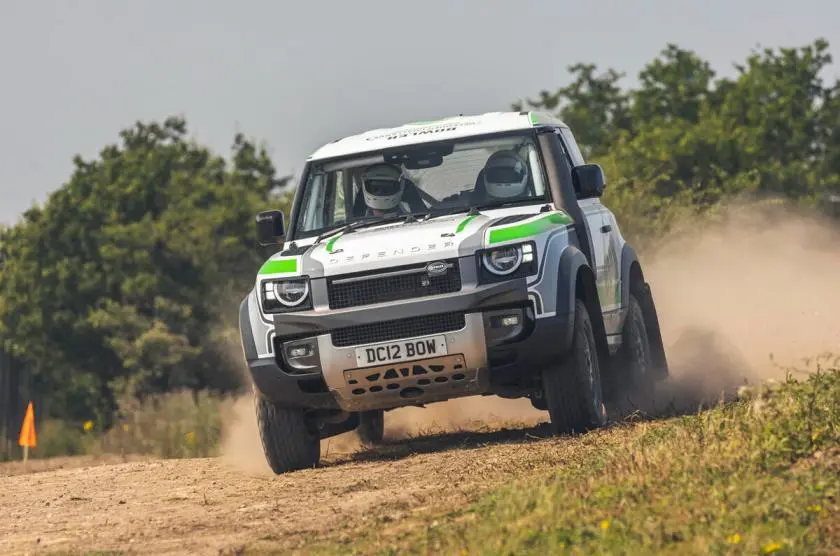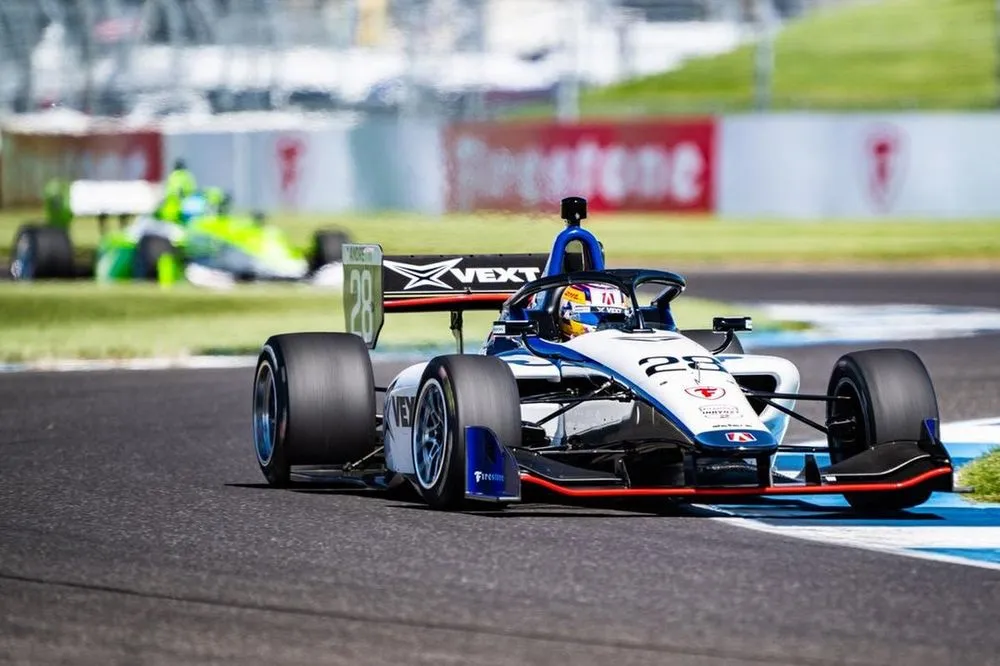When it comes to the regulations for the 2027 World Rally Championship, the FIA wishes to have an open mind.
According to Xavier Mestelan Pinon, the technical director of the FIA, the World Rally Championship's 2027 regulations will continue to allow for the use of powertrains that are classified as either fully electric, hybrid, or powered by internal combustion engines.
The International Federation of Automobile Manufacturers (FIA) has been working for more than 18 months to create the future direction of the World Rally Championship (WRC) classes of Rally1 and Rally2. It is anticipated that the FIA will present its regulations for 2027 to the World Motor Sport Council in December.
The organization that oversees motorsports around the world is working toward the goal of developing a set of rules that will both protect the participation of existing companies and encourage the entry of new brands into the sport. Despite the fact that definitive choices about the regulations for 2027 have not yet been made, it would appear that the proposal that the taskforce of the FIA issued in February provides a framework that is relatively realistic for what the future may hold for the Rally1 and Rally2 classes.
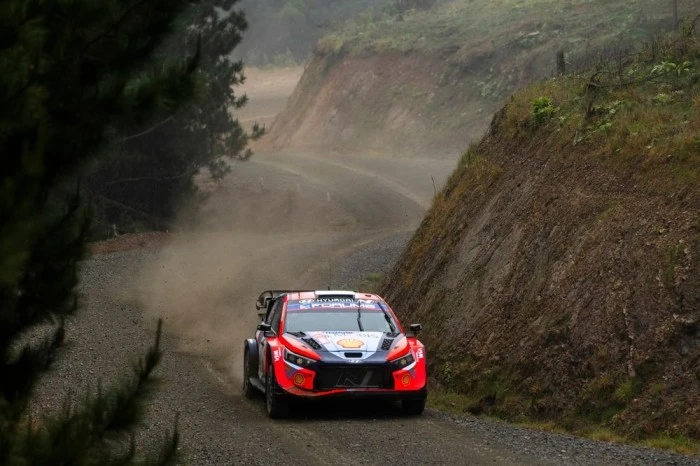
Since its introduction in 2022, the Rally1 spaceframe chassis has been able to handle a wide range of car model body forms and has made significant improvements in terms of safety. It is anticipated that these improvements will continue to be made. There are discussions taking place over the possibility of expanding chassis construction to include tuning businesses as well as manufacturers for the first time.
Within the continuing discussions, the FIA is working to cut expenses, with the previously mentioned amount of 400,000 euros for a Rally1 car being one of the topics of discussion. It is anticipated that Rally1 cars will be based on road-going vehicles and will likely experience a decrease in performance and aerodynamics in order to assist in making the category more accessible to drivers who are still in the process of improving their skills.
Internal combustion engines, hybrid and EV powertrains remain on the table for debate alongside the prospect of some sort of equivalence of technology should the regulations develop to be open to diverse technologies.
“We can consider that all technologies are suitable but what is important is to take the best decision what is good for rally in terms of technology and which championship is good for each technology,” Mestelan Pinon told Autosport.
“Today we strongly believe that biofuel or synthetic fuel is a good business and now after that we want to open the rules to electrify the engine and when I say that it could be hybrid or full EV. This is something that we need to finalise but this is the aim.
“This would be based one the same chassis so with the same suspension, body shell and so on because it is important that an ICE car and an electrified vehicle have the same performance. Of course we would have to specify an equivalency of technology and this something that we can manage effectively in other areas.

“The target again is to have more cars in the Rally1 category so that means the basic car will be ICE.
“We strongly believe that an electrified version could make sense and we have had some discussions with potential newcomers and current manufacturers so it is very difficult to say.
Read Also: Toyota Needs Three Full-time Wrc Drivers In 2025
“We need to be openminded. It is really difficult to determine if the direction will be ICE and full EV or ICE and full EV with hybrid, it is too early.
“My personal opinion is that full EV could make sense because for stages that are 35 kilometres it is easy to manage with the same level of performance as the ICE car and you can have some charging unit at the end of each stage.
“This is a thing we need to decide altogether with the WRC Commission president but with the manufacturers the promoters and World Motor Sport Council so it is a global decision.”
Rally1 has used hybrid power since 2022 with 1.6 litre turbocharged engines connected to a control Compact Dynamics hybrid kit delivering roughly 500 horsepower in brief bursts.
While rallycross has adopted complete electric power, it is still in its infancy in rallying. Although, the ADAC Opel Electric Rally Cup, based around the 100kW two-wheel-drive Opel Corsa-e Rally car, is in its fourth season of competition with its final round at the World Rally Championship's Central European Rally next week.
